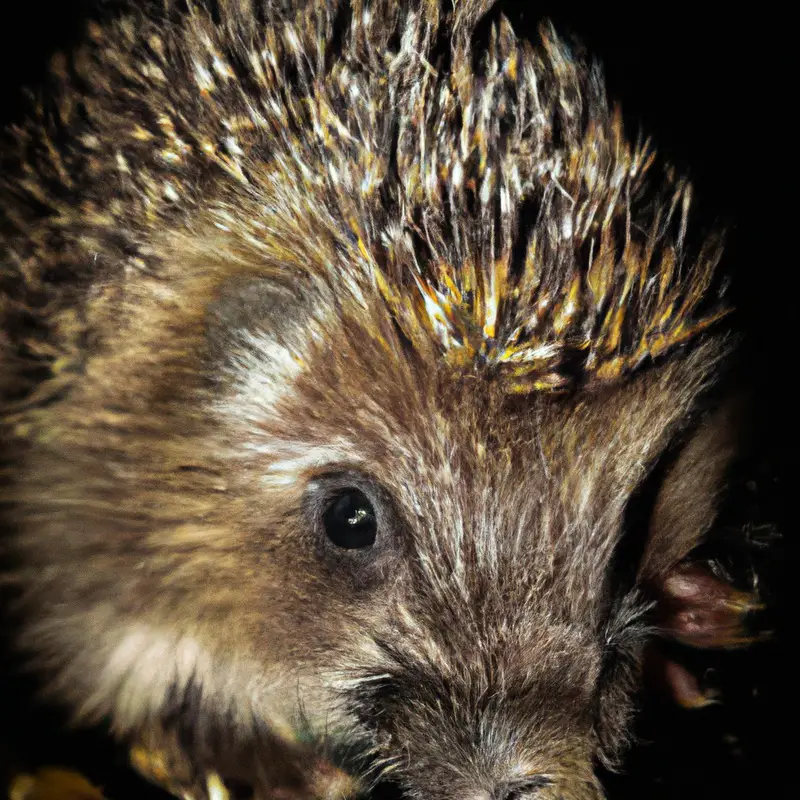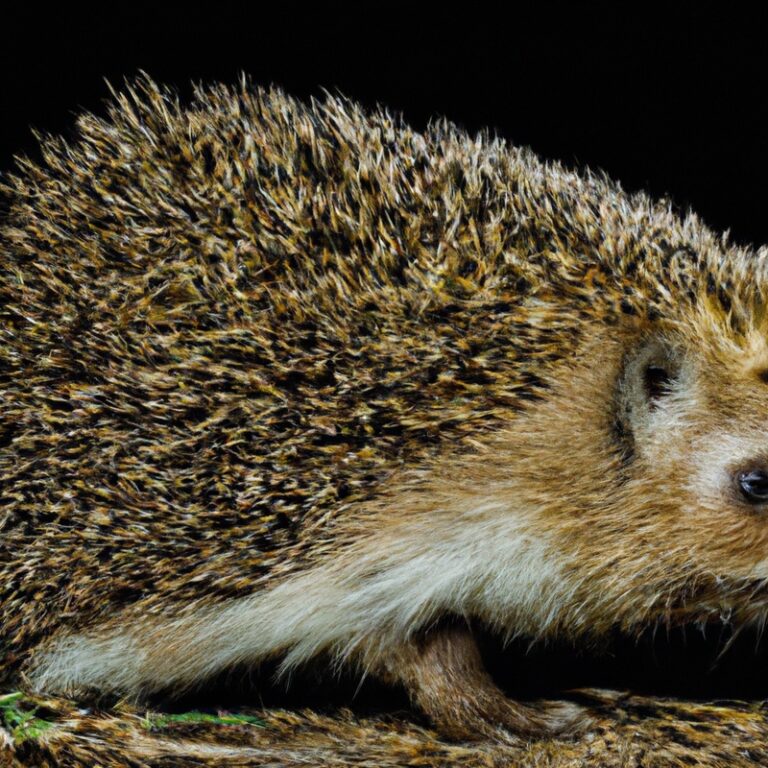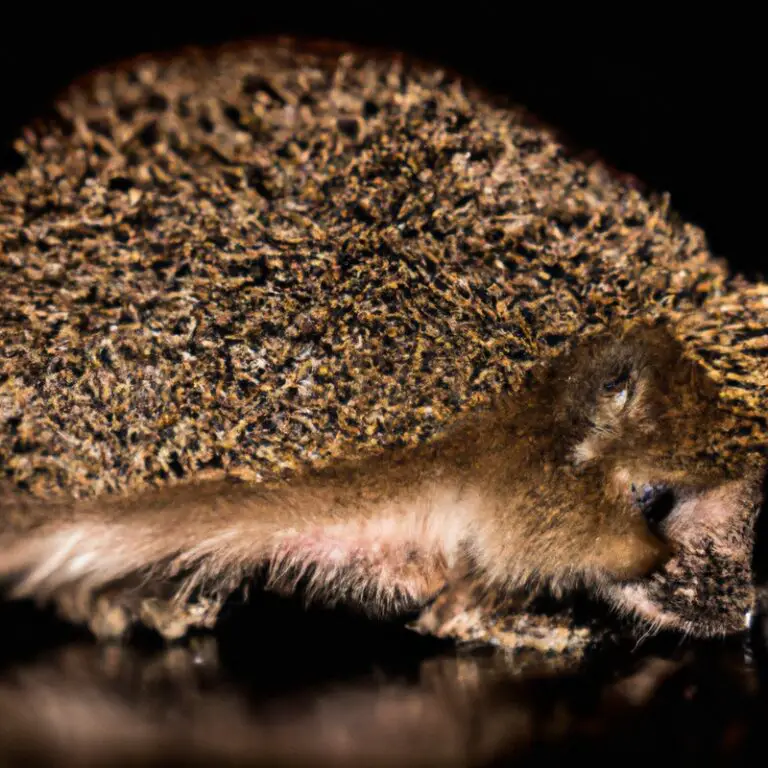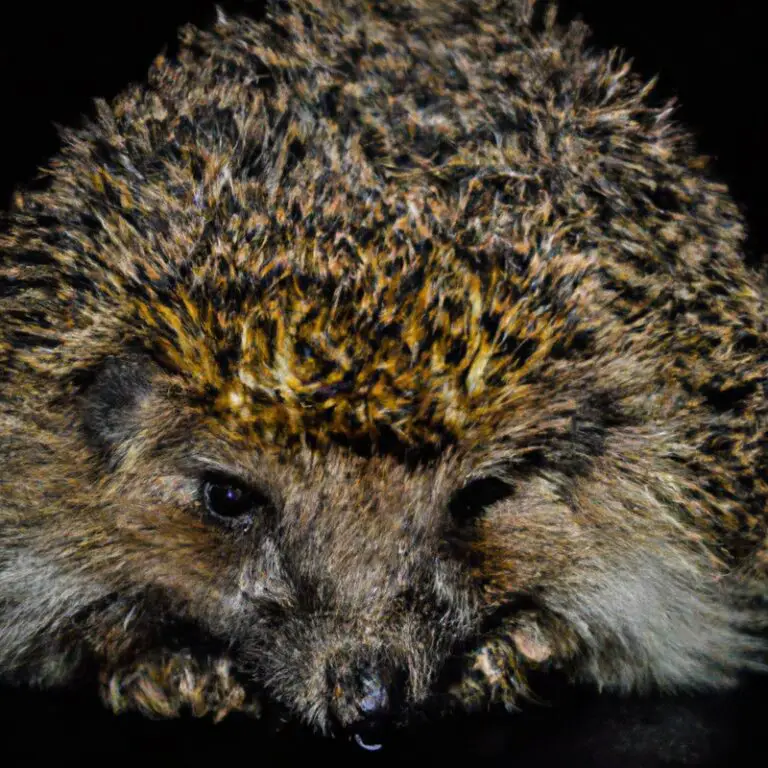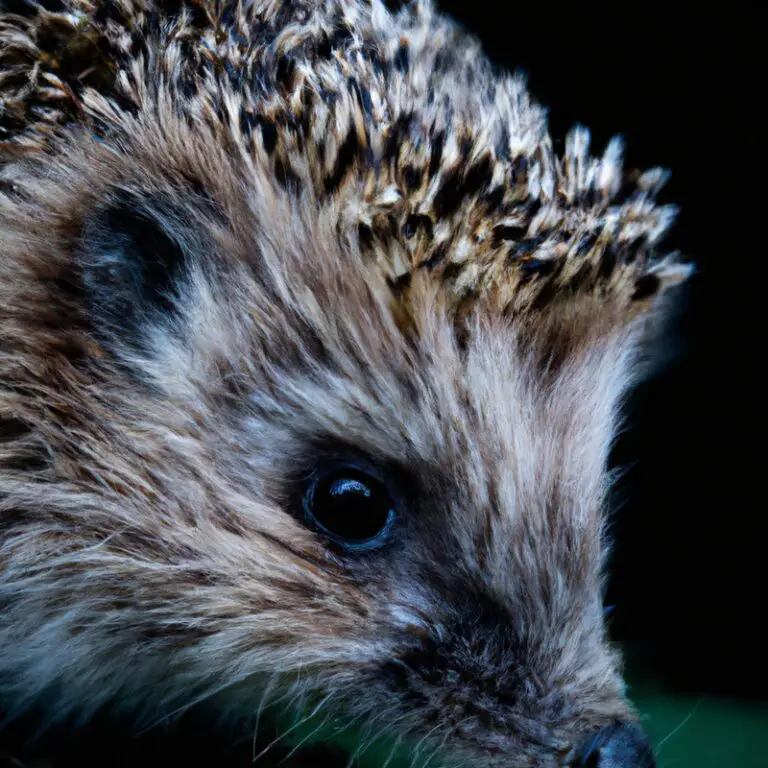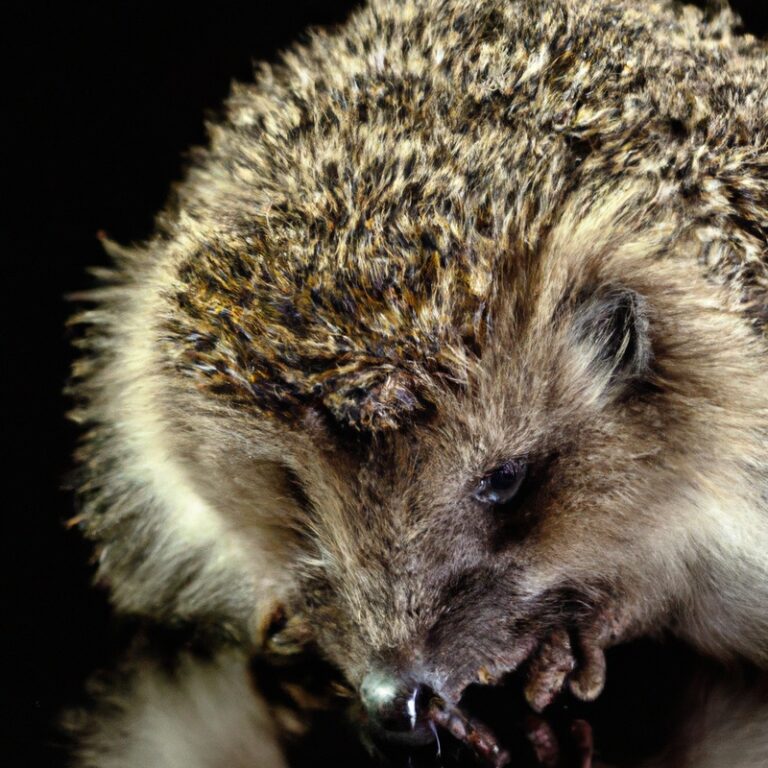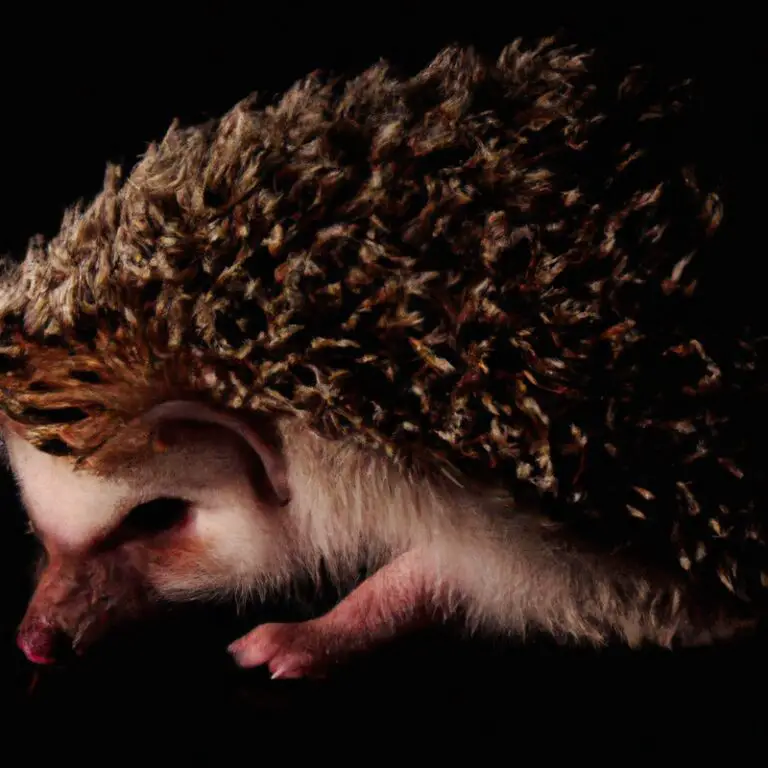What Is The Hedgehog’s Role In Controlling Weevil Populations?
Key Takeaways:
- Hedgehogs play a crucial role in controlling weevil populations.
- By preying on weevils, hedgehogs help naturally regulate their numbers.
- Hedgehogs can significantly reduce weevil damage in agricultural areas.
- Conservation efforts should focus on protecting hedgehog populations to maintain a balanced ecosystem.
Are you tired of battling pesky weevils that wreak havoc in your garden? Well, there’s a natural solution that might surprise you – hedgehogs! These adorable creatures, known for their spiky exteriors and nocturnal habits, play a vital role in controlling weevil populations.
But how exactly do they do it?
And what can we do to support them in their important task? In this blog, we’ll explore the diet and feeding habits of hedgehogs, how they help control weevil populations, their preferred habitats and behavior, and what we can do to create a hedgehog-friendly environment.
Get ready to embrace these sustainable pest controllers and transform your garden into a haven for both hedgehogs and weevil-free flora.
| Hedgehog’s Role in Controlling Weevil Populations |
|---|
| Benefits |
| Limitations |
The diet of hedgehogs
Hedgehogs have a varied diet that includes insects, worms, and small vertebrates.
Hedgehogs and their feeding habits
Hedgehogs have a varied and adaptable diet. They are known as insectivores, meaning they primarily feed on insects.
Their diet consists of beetles, worms, slugs, and caterpillars.
Hedgehogs are also opportunistic feeders and will consume small rodents, birds, eggs, and even frogs when available. It is important to note that while hedgehogs can eat some fruits and vegetables, they should not be the main part of their diet.
It is best to provide them with a balanced diet that mimics their natural food sources.
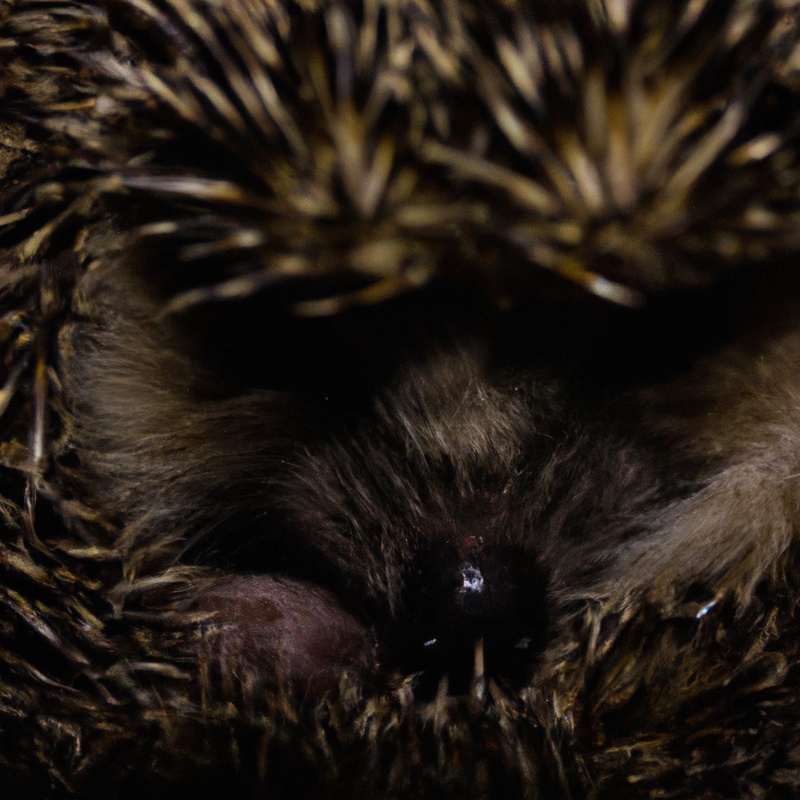
Do hedgehogs eat weevils?
Yes, hedgehogs do eat weevils. Weevils are small beetles that are part of a hedgehog’s natural diet.
Hedgehogs have a diverse diet that includes insects, worms, slugs, and even small mammals.
They use their sharp teeth and strong jaws to crunch through the exoskeleton of weevils and other insects. The consumption of weevils provides hedgehogs with essential nutrients and helps them maintain a balanced diet.
So if you have a hedgehog around, it’s likely they will help control weevil populations in your garden.
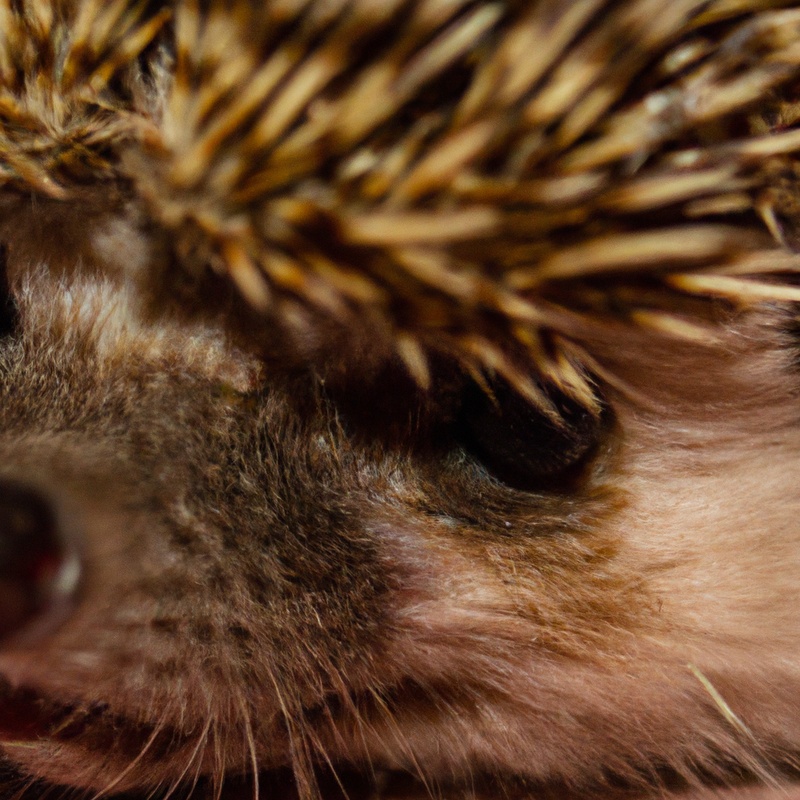
Other food sources for hedgehogs
Hedgehogs are known for their love of insects, particularly beetles and caterpillars. However, they don’t limit themselves to just these critters.
Hedgehogs are also fond of slugs, snails, worms, and even small reptiles like snakes.
They have a diverse diet and can adapt to the available food sources in their environment. So, if you have a hedgehog visiting your garden, don’t be surprised if it feasts on a variety of creatures.
Hedgehogs and weevil control
Hedgehogs play a role in controlling weevil populations.
They are an eco-friendly pest control option.
How hedgehogs help control weevil populations
Hedgehogs play a crucial role in controlling weevil populations.
They help by preying on adult weevils and their larvae, effectively reducing numbers.
Hedgehogs have a natural appetite for insects, including weevils, and are skilled hunters.
Their presence in an area can help keep weevil populations under control, contributing to a healthier ecosystem.
With hedgehogs around, you can have a natural and effective solution to managing weevils without the need for chemical insecticides.
Hedgehogs as an eco-friendly pest control option
Hedgehogs are excellent natural pest controllers. They have a voracious appetite for insects such as beetles, slugs, and snails, which are often considered garden pests.
Hedgehogs can consume a large number of these pests in a single night, helping to maintain a healthier and more balanced ecosystem in your garden.
By providing a safe and welcoming habitat for hedgehogs, you can enjoy the benefits of a natural and eco-friendly pest control option.
Hedgehog habitat and behavior
Hedgehogs prefer habitats with abundant vegetation and access to shelter, such as gardens, woodlands, and hedgerows.
They are primarily nocturnal creatures that use their keen sense of smell to hunt for weevils and other insects during the night.
Preferred habitats for hedgehogs
Hedgehogs prefer habitats that provide them with ample cover and a diverse range of food sources.
They are commonly found in woodland areas, as well as in hedgerows, parks, and gardens.
Hedgehogs thrive in areas with dense vegetation, such as shrubs and hedges, where they can build nests and hide from predators.
Access to water sources, such as ponds or streams, is also important for their survival.
Providing hedgehogs with these preferred habitats can help ensure their population and assist in controlling weevil populations.
The nocturnal nature of hedgehogs
Hedgehogs are nocturnal creatures, meaning they are most active during the night. This natural behavior is important to understand, as it affects various aspects of the hedgehog’s life.
During the night, hedgehogs search for food, explore their territory, and engage in social interactions.
Their nocturnal nature also helps them avoid predators and conserve energy during the day. So, if you ever come across a hedgehog, remember that they prefer to be active during the night!
How hedgehogs hunt for weevils
Hedgehogs hunt for weevils by using their keen sense of smell. They have a strong olfactory system that allows them to detect the presence of weevils in their habitat.
Once they locate a weevil, hedgehogs use their snouts to dig into the soil, where weevils often dwell.
With their sharp teeth, hedgehogs catch and consume these pests, helping to control their populations naturally. Overall, hedgehogs play an important role in maintaining a balance in the ecosystem by hunting and consuming weevils.
The role of humans in supporting hedgehogs
Supporting hedgehogs is crucial for their survival, and humans play a key role in creating hedgehog-friendly environments.
Creating hedgehog-friendly gardens
Creating a hedgehog-friendly garden is a great way to support these cute little creatures. Here are a few simple steps you can take:
- Provide shelter by leaving areas of your garden wild and incorporating log piles or hedgehog houses.
- Ensure there’s access in and out of your garden by creating small holes in fences or walls.
- Avoid using chemicals such as pesticides and slug pellets that can harm hedgehogs.
- Leave out shallow dishes of fresh water and food, such as cat food or specially formulated hedgehog food.
- Lastly, reduce the use of artificial lighting in your garden as it can disrupt their natural behavior.
Providing food and water for hedgehogs
To support hedgehogs, it’s important to provide them with food and water. You can leave out a shallow dish of fresh water for them to drink from.
As for food, hedgehogs are insectivores, so they enjoy eating insects like beetles, slugs, and worms.
You can supplement their diet by leaving out specialized hedgehog food or wet cat food. Avoid giving them milk, as they are lactose-intolerant.
Feeding hedgehogs can help ensure they stay healthy and can contribute to their role in controlling weevil populations.
Remember to regularly clean and refill their water and food dishes.
Reducing hazards for hedgehogs
Reducing hazards for hedgehogs is crucial to their survival. You can help by:
- Checking your garden for hazards such as ponds, netting, and chemicals that can harm hedgehogs.
- Cutting a small hole in fences and walls to create a hedgehog highway for them to roam freely.
- Clearing away litter and debris that hedgehogs can get stuck in or injured by.
- Ensuring there are no open or uncovered drains where hedgehogs can fall in.
- Using slug pellets sparingly and opting for wildlife-friendly alternatives to protect hedgehogs from poisoning.
By taking these simple steps, you can create a safe environment for hedgehogs and contribute to their well-being.
Frequently Asked Questions (FAQs)
Do hedgehogs only eat weevils?
No, hedgehogs do not only eat weevils.
While weevils are a part of their diet, hedgehogs are omnivores and consume a variety of foods.
They also eat insects like beetles, worms, and caterpillars, as well as fruits, berries, and small vertebrates.
This diverse diet allows hedgehogs to meet their nutritional needs and thrive in different environments.
So, while weevils may be on the menu, hedgehogs definitely enjoy a more varied selection of food options.
How many weevils can a hedgehog eat in a day?
A hedgehog can eat around 40 to 50 weevils in a day. They are known to have a voracious appetite for insects, and weevils are one of their favorite snacks.
These small mammals use their sharp teeth and strong jaws to crack open the weevils’ hard exoskeletons and devour them.
With their keen sense of smell and excellent night vision, hedgehogs are skilled hunters when it comes to controlling weevil populations.
Can hedgehogs completely exterminate weevil populations?
Hedgehogs can play a significant role in controlling weevil populations, but they cannot completely exterminate them. Hedgehogs are natural predators of weevils and will eat them if given the opportunity.
However, they are not able to eradicate weevils entirely due to their limited numbers and feeding capabilities.
It is important to employ a combination of control methods, such as integrated pest management, to effectively manage weevil populations.
Final Verdict
Hedgehogs play a crucial role in controlling weevil populations due to their feeding habits and habitat. Hedgehogs are known to eat weevils and other insect pests, effectively reducing their numbers in gardens and agricultural areas.
Their preferred habitats and nocturnal nature make them efficient hunters of weevils during the night.
Creating hedgehog-friendly environments and providing food and water can support their population, thus maximizing their pest control benefits. Hedgehogs are eco-friendly alternatives to chemical pesticides, offering a natural and sustainable solution to weevil infestations.

